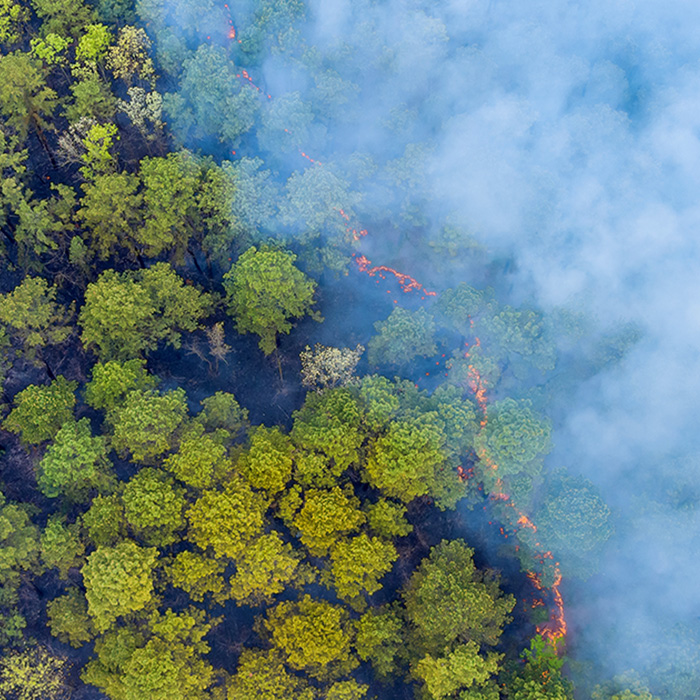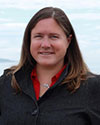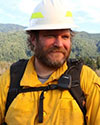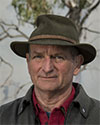Global Environmental Health

Wildfires and Indigenous Populations
March 01, 2021
Experts: David Bowman, Ph.D., Emily Dicken, Ph.D., Bill Tripp
In this three-part podcast we will hear from experts in Canada, the United States, and Australia about the health effects of wildfires and emergency management, indigenous fire practices to mitigate wildfire intensity, and the compounding effect climate change has on the future of wildfires.
In this three-part podcast we will hear from experts in Canada, the United States, and Australia about the health effects of wildfires and emergency management, indigenous fire practices to mitigate wildfire intensity, and the compounding effect climate change has on the future of wildfires.
Prompted by a changing climate, record heat, dry vegetation, and low humidity, unprecedented wildfires have burned throughout the world. Wildfires and exposure to wildfire smoke pose multiple human health threats from burns and injuries, to respiratory illnesses and mental health issues. These health effects of wildfires are disproportionately impacting vulnerable groups, such as indigenous populations. These indigenous populations however hold unique ancestral knowledge of the land and have cultivated their own best practices for managing it.

Emily Dicken, Ph.D., serves as the Director of Emergency Management with the First Nations Health Authority in British Columbia, Canada. As an Indigenous academic, Dicken works to explore decolonization within the field of emergency management.

Bill Tripp is a Karuk tribal member and Director of Natural Resources and Environmental Policy for the Karuk Tribe Department of Natural Resources in northern California, U.S. Tripp is a specialist on forest management and indigenous fire use. He was co-PD on the USDA-NIFA AFRI Food Security project, and co-author of the Karuk Climate Adaptation Plan. Tripp serves as Co-Chair on the Western Region Strategy Committee for the National Cohesive Wildland Fire Management Strategy, and participates in many other forums focusing on forest and fire management in a manner inclusive of indigenous stewardship.

David Bowman, Ph.D., holds a research chair in Pyrogeography and Fire Science in the School of Natural Sciences and is the Director of the transdisciplinary Fire Centre at the University of Tasmania in Australia. Bowman is developing the transdisciplinary field of pyrogeography that provides a synthetic understanding of landscape burning that unites human, physical, and biological dimensions of fire from the geological past into the future and that spans local to global geographic scales.


